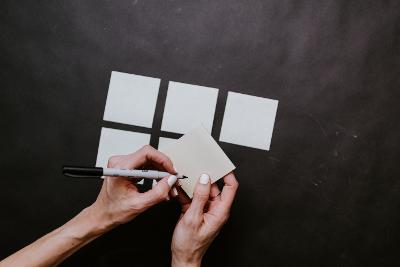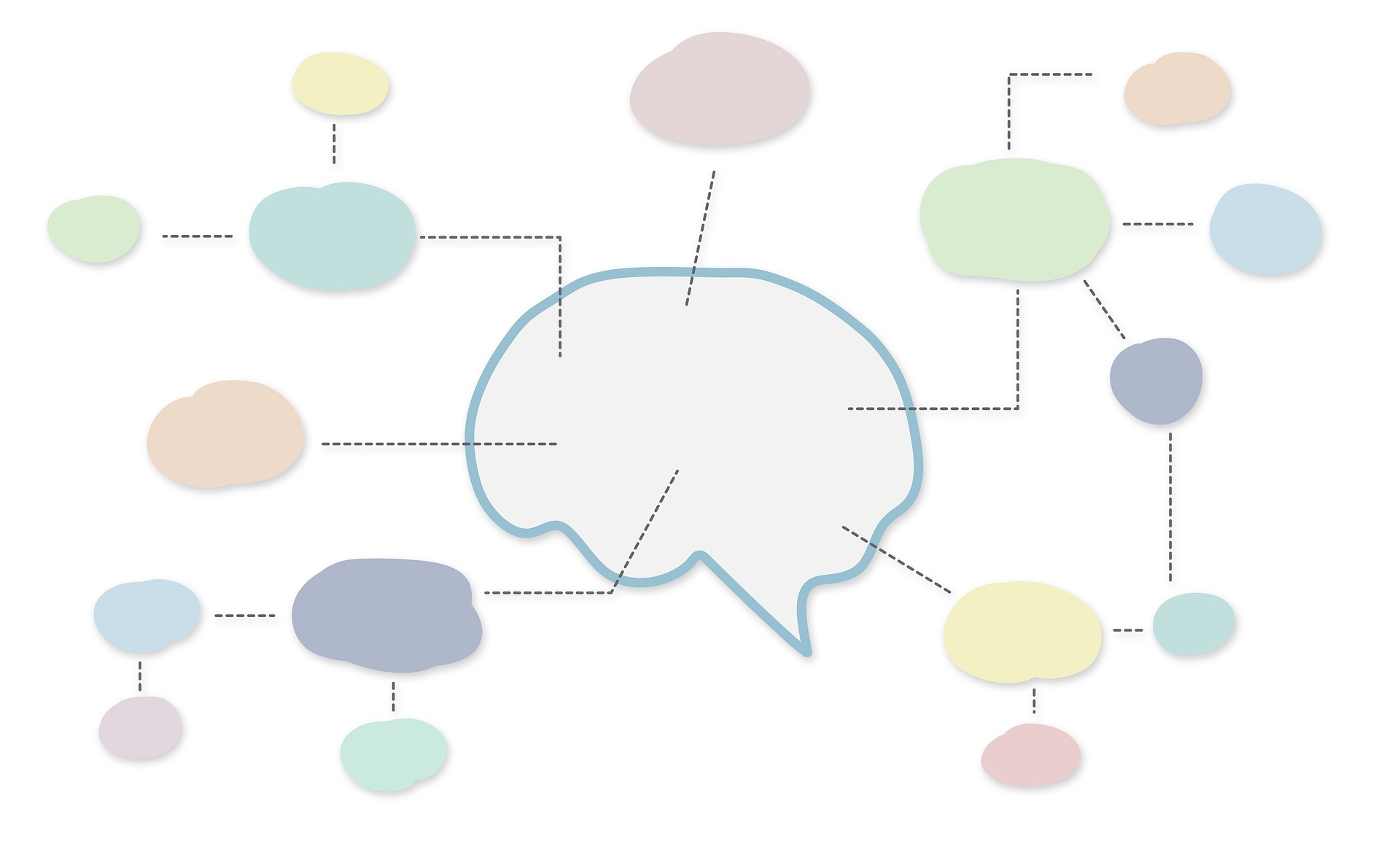Salutations,
As the last round of mocks for both the AP exams and the Regents start rolling in and we prepare for the dreaded months of May and June, we try to find good and healthy ways of incorporating study habits into our daily lives. Some are able to incorporate these habits without a problem, while others may find it somewhat troublesome.
For those of you who are a part of the latter group, don’t fret. There are multiple methods of studying you can use to efficiently utilize your time, and that will help you better memorize information in a shorter amount of time.
Firstly, there are study habits. As you develop into a college and graduate student, you are going to be faced with much more work, and harsher deadlines to meet. Tests will, of course, be more difficult, and stress levels will ultimately increase when not handled with care. To best combat these realities, it is imperative that you start developing some good and reliable study habits—preferably before you enter college.
To begin your study sessions, you need to find a space to study regularly. This may be obvious to most, but it is more difficult than one may assume. This spot is where you feel most relaxed and at your absolute best, a great spot for your frequent studies. These places may include the local/school library, in your own room, coffee shops (or any place with a nice table and free WiFi), etc.
Get rid of as many distractions as you can. If you are not using your phone to study, put it away and leave it on silent so it won’t interfere with your time. Turn off your wifi if you aren’t using it at that moment. Reason with the people around you to quiet down so you can have as good a study session as you possibly can.
Take frequent breaks throughout your session. Don’t overexert yourself by studying without any breaks. Take a breather. Take a walk, listen to music, drink some coffee if you have any, exercise, meditate, you name it. Whatever relaxes you, do it. However, don’t use your phone too much during your break; studies show it has actually led to a decrease in mental performance, and will—as a result—tarnish your study.
If you work better with a group of friends, then do it! There are many advantages to studying in a group. Helping one another with difficult problems, or with understanding the main topic are some of the main benefits. Moreover, you get better insight with the points of view of multiple people. Lastly, it can even combat procrastination, something I’m sure most of us deal with. Só schedule a time and place that everyone can agree with and get studying!
Now that you know some proper study habits, here are some methods that you can use, together with your new found habits.
The first of these strategies is one in which students take tests answering questions regarding the topic they are studying before actually learning the content. It is said that this form of studying improves post-test results more than spending the same amount of time in ordinary study sessions. Future learning is enhanced, and students are able to get a grasp of the content at a faster rate.
If you are not fond of that method, then you can try this next one. Space out your study sessions, then focus on a particular topic for a short time period throughout multiple days. This has been shown to improve memory and speedy recollection more than regular, long periods of studying. In the beginning, however, this may be difficult due to the forgetting of knowledge. It takes practice and effort to retain that knowledge, but don’t give up!
To aid you with spaced practice, create your own flash cards, or self-quiz yourself. Flashcards can help engage in active recall of our memories. It is a great way to self-test yourself on the content you are studying. Not to mention they are great for quickly skimming through facts before taking your test.
I briefly acknowledged this before, but self-quizzing in itself is a great way to study efficiently. It is a form of active retrieval practice. Try to create relevant test questions for yourself; asking a friend will also suffice. You can do this as you are studying the content, or after.
If all of these methods still haven’t worked for you, you should give the following a try to see if you are really doing the other methods correctly. Use graphic “mind maps”. With available online tools, making mind maps has never been easier! They are easy and fun to create, making them a good alternative to regular, old fashioned studying and note-taking.
You put your main topic or idea at the center of the map and your map will spread and grow as you install new information that links with the central topic. You can also use color, pictures, and connections. In fact, they are encouraged. They help our brains easily store important and relevant information.
Everyone has their own method of studying. Choose what best suits you. Use your time wisely and efficiently. Don’t waste any second of it. This can determine if you will pass your test, or fail it. My last tip is an obvious one, and I’ve mentioned this once before, but do not procrastinate, no matter how tempting it is.
Alright—now have fun studying!




